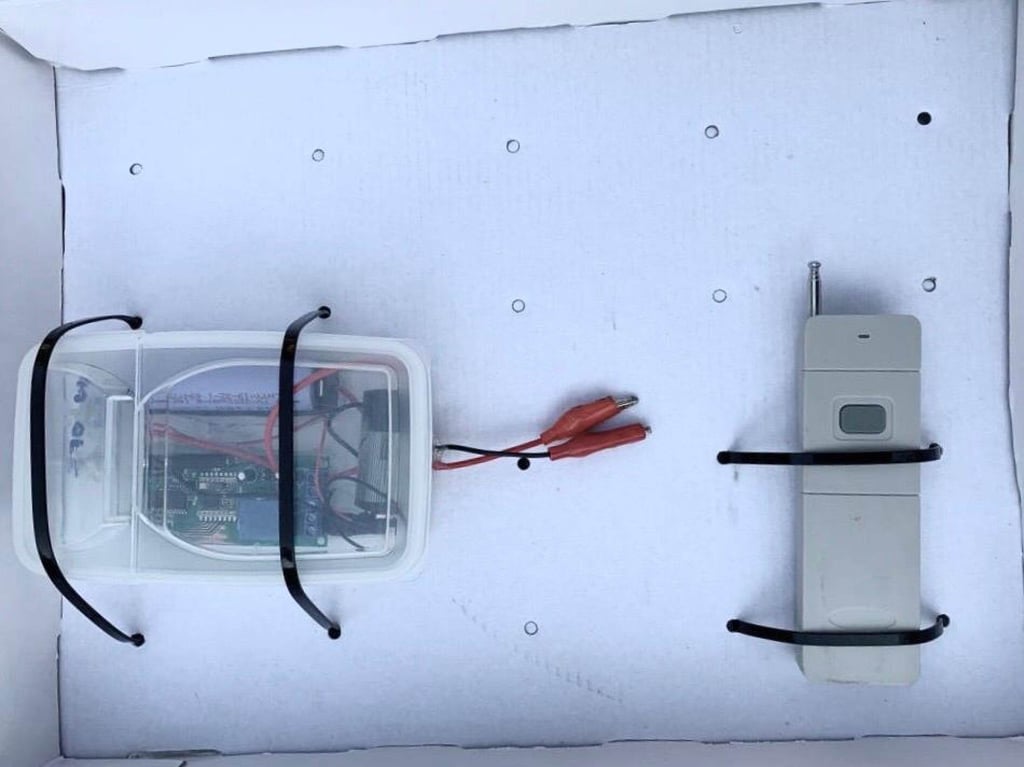3 Hong Kong men jailed for up to 12 years for ‘sinister’ plot to bomb police during 2019 protests
“The plot against police officers enforcing the law was sinister and had no regard for the safety of other people’s lives and property.”
The three men, who faced a joint charge of conspiracy to cause an explosion with intent to endanger life or property, were caught testing an improvised explosive device on a hillside in Tuen Mun on December 14, 2019.
The court heard the trio intended to plant a bomb at either a police station or a roadblock during protests after two unidentified men offered to pay them HK$200,000 to HK$500,000.
Police seized from one of the suspects a bag of white powder, later identified as a mixture of mercury and mercuric nitrate, which were believed to be by-products of a failed effort to produce mercury fulminate, an explosive substance.
All three have been remanded in custody since their first appearance in court on December 16, 2019.
Lai on Tuesday handed Kwan the toughest sentence of 12 years’ imprisonment for his leading role in the case.
She noted the married man was responsible for sourcing the necessary chemicals and liaising with the group’s sponsors.

Kwan also displayed little remorse for the crime when he refused to divulge anything in relation to the case during a probation officer’s interview after his conviction, the judge added.
Chui, who worked at SKH St Simon’s Lui Ming Choi Secondary School in Tuen Mun at the time of the offence, received eight years and seven months, whereas Ho was jailed for eight years and four months.
Lai said the pair’s sentences reflected their guilty pleas and less extensive involvement in the plot.
She stressed the two still played an indispensable part in the conspiracy as they provided the essential know-how for producing explosives and remote control devices.
Chui in his mitigation letter lamented the loss of his “true character” and attributed his offence to his foolishness and hatred towards police.
Legal counsel for the electrician also highlighted his past contributions to society, including voluntary work and help rendered to police in the apprehension of a thief two decades ago.
Lai was impressed with that submission and allowed Ho to serve three months less than Chui to “encourage more people to take up voluntary jobs and help police catch thieves”.
But the judge refused to further reduce Chui’s sentence for what the defence described as hardship endured during the 4½ years he had spent in solitary confinement.
Lai said the arrangement was to “safeguard the peace of society” because of the risk he posed as one who knew how to make bombs.
She added the defendant also appeared content with the solitude behind bars as he chose not to share a cell with other inmates when being prompted to do so at some point while on remand.
Conspiracy to cause explosions with intent to endanger life or property is punishable by up to 20 years’ imprisonment in Hong Kong.